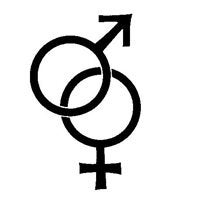
“I would encourage people who have been the victim of rape and/or sexual assault to come forward and report the crime, and to expect to be treated with respect and dignity,” she says. However, Long says you shouldn’t be afraid to report a crime. Austin says this is a good option if the idea of going directly to the authorities is intimidating to you.

And, if you’re not exactly sure what to call the sexual violence you were the victim of, a counselor can help. “This allows a survivor to really explore their options.” They can also set up evidence collection (like a rape kit) and contact law enforcement, if needed and you want to pursue your legal options. “Most sexual assault advocates have a certain level of privileged communication-they can keep the conversation confidential, even against a subpoena,” she says. What should you do if you know or suspect that you’ve been a victim of sexual harassment or assault?Īustin recommends finding a sexual violence advocate near you, like a rape crisis center. She cites inappropriate jokes or pinup pictures in the workforce as potentially creating a hostile work environment, which could fall under the umbrella of sexual harassment. However, in some situations, “locker room talk” could actually be seen as a form of sexual harassment, Austin says.

(O’Connor also notes that RAINN’s hotline has had a 33 percent increase in sessions since Trump’s 2005 comments surfaced.) O’Connor says sexual assault and harassment is “woefully underreported” and “locker room talk” marginalizes victims. “Any language or phrase that condones sexual violence is dangerous because it attempts to brush away allegations of criminal behavior,” she says. O’Connor agrees, noting that it’s not a crime but still carries a lot of weight.

The more pervasive "locker room talk," the more likely people may be biased into thinking a crime like sexual harassment is normal and OK. “From a prosecution perspective, we are always thinking about how sexuality and sexual violence portrayed in media, music, film, video games, and culture, impacts the way jurors and criminal justice professionals evaluate evidence in a case and render just and fair decisions without bringing in misinformation and bias,” Long says. As for “locker room talk,” experts say it's not usually a crime, but it can feed into a culture of sexual harassment.


 0 kommentar(er)
0 kommentar(er)
